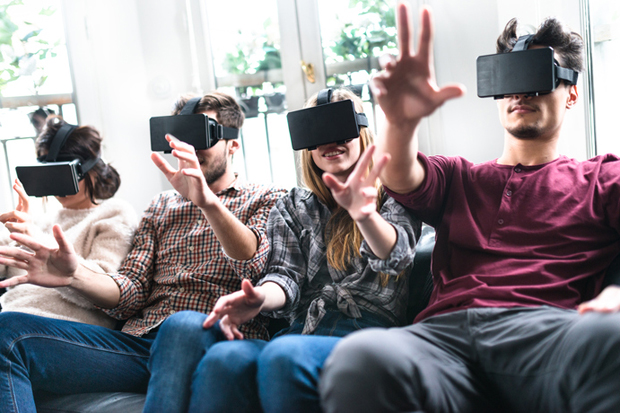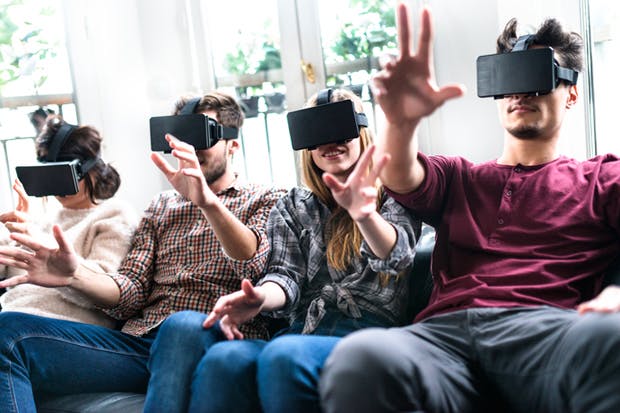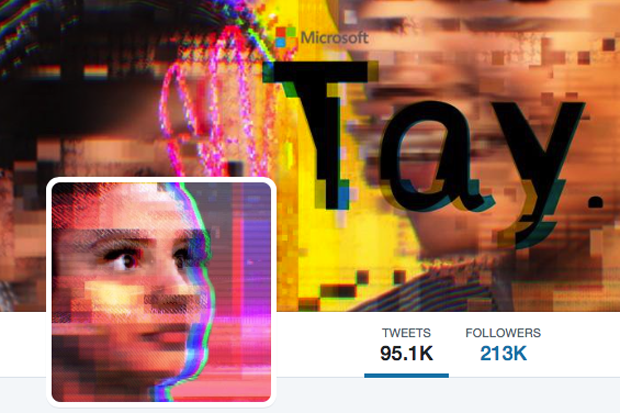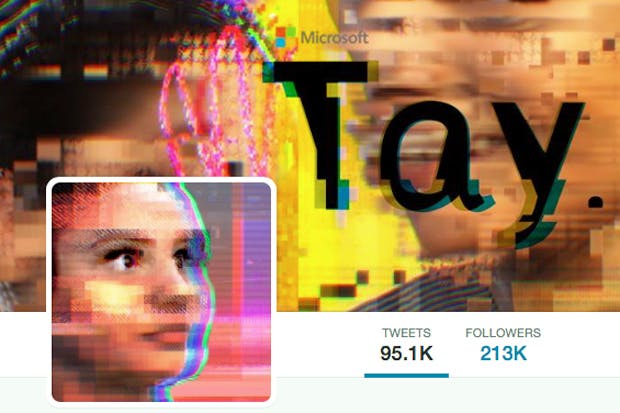A flash of the future, over the holidays, that felt like a flash of the past. It happened on Christmas Day, just after lunch, when my father-in-law gave me a virtual reality headset. It looks like a pair of ski goggles. They used to be fearsomely expensive, but recently some bright spark came up with the idea of replacing the screen and the computing power with a slot into which you pop your phone.
Already a subscriber? Log in
Subscribe for just $2 a week
Try a month of The Spectator Australia absolutely free and without commitment. Not only that but – if you choose to continue – you’ll pay just $2 a week for your first year.
- Unlimited access to spectator.com.au and app
- The weekly edition on the Spectator Australia app
- Spectator podcasts and newsletters
- Full access to spectator.co.uk
Or
Unlock this article
You might disagree with half of it, but you’ll enjoy reading all of it. Try your first month for free, then just $2 a week for the remainder of your first year.















Comments
Don't miss out
Join the conversation with other Spectator Australia readers. Subscribe to leave a comment.
SUBSCRIBEAlready a subscriber? Log in